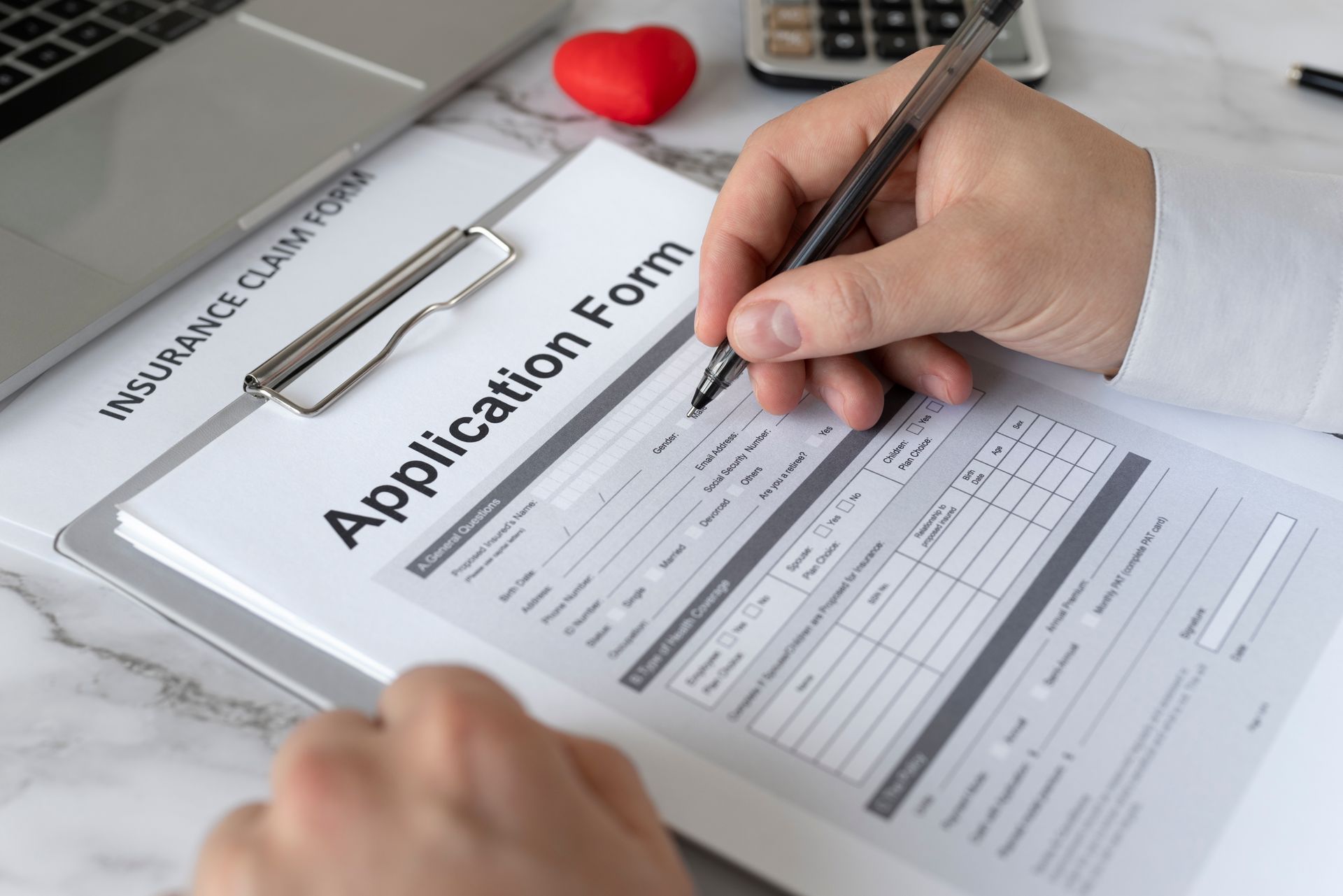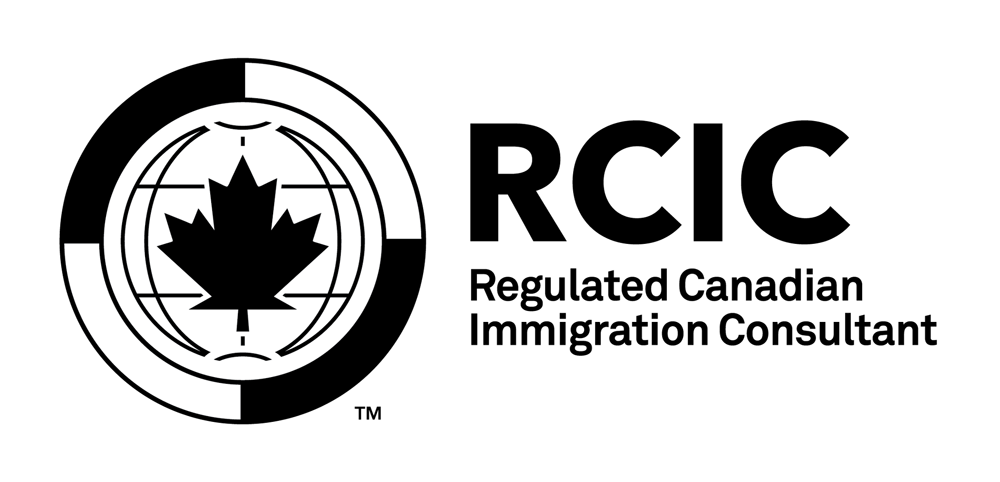Educational Credential Assessment (ECA) for Canada Immigration Complete Guide
Introduction
If you are planning obtain Canadian permanent residence, you may need an Educational Credential Assessment (ECA) as part of your application package. The ECA is a report that verifies how your education ((degree, diploma or certificate) from another country compares to Canadian educational standards.
Immigration, Refugees and Citizenship Canada (IRCC) requires an ECA report for immigration purposes for most skilled worker programs for permanent residence. Having this report helps you prove your educational level and earn points in your Express Entry profile.

Understanding the Basics of Educational Credential Assessment (ECA)
What is an ECA and ECA certificate number?
An ECA is a report prepared by an organization approved by Immigration, Refugees and Citizenship Canada. It checks your foreign diploma or degree and tells you how it compares to a Canadian education (for example, the recognition of a university bachelor’s degree or high school diploma).
When your report is completed, you will receive an official document for your ECA report. It is a unique certificate number. Note that you need this number when you submit your immigration application, as IRCC will contact the issuing organization to confirm that the results are legitimate.
ECA vs. ECE (Educational Credential Evaluation)
An ECA is the official assessment accepted by IRCC for immigration. Some other organizations provide credential evaluations (often called ECE reports) that are useful for employment, school admissions, or licensure purposes, but they are not accepted for immigration. Always make sure your assessment is from an IRCC-approved body.
When do you need an ECA for your foreign degree?
- You need an ECA report if your credential is from outside of Canada.
- You do not need an ECA if your credential was completed inside of Canada, at a Canadian institution.
Educational Credential Assessment and Canadian Immigration Programs
Express Entry
An ECA report is required for most applicants to complete their Express Entry profiles, including the Federal Skilled Worker Program. It helps IRCC confirm your education level.
Atlantic Immigration Program (AIP)
If you are applying through the Atlantic Immigration Program, you may also need an ECA to prove your credential. This depends on the job offer and program stream, but in most cases a foreign credential must be assessed to show its Canadian equivalency.
ECA for spouses or partners
If you are applying with your spouse or common-law partner, they can also get an ECA. This can give you extra points in the CRS (Comprehensive Ranking System) used for Express Entry.
Validity of an ECA
An ECA report is valid for 5 years from the date it was issued.
Minimum education requirement
To apply for immigration under most skilled immigration programs, your foreign credential must be equal to at least a Canadian secondary (high school) diploma. Higher credentials can give you more points.
Approved ECA Organizations
IRCC accepts ECAs only from these designated organizations:
- Comparative Education Service (CES)
- International Credential Assessment Service of Canada (ICAS)
- World Education Services (WES)
- International Qualifications Assessment Service (IQAS)
- International Credential Evaluation Service (ICES)
WES is the most common choice. Their process includes submitting documents, waiting for verification, and receiving your report. Processing time is usually a few weeks. Our office generally recommends WES as we have found it to be the quickest to produce the assessment while having the simplest process to navigate.
CES, ICAS, IQAS and ICES provide similar services with similar procedures.
Other proof of education equivalency
Education required for certain licensed professions must be assessed separately through professional bodies in Canada.
If you are a medical doctor, you must apply through the Medical Council of Canada (MCC), which is the professional body for physicians. If you are a pharmacist, you must use the Pharmacy Examining Board of Canada (PEBC), the professional body that regulates pharmacists. If you are an architect, you will need to have your qualifications recognized by the Canadian Architectural Certification Board (CACB), the professional body that oversees architects. These professional bodies handle ECAs for their fields, and no other assessment agency can replace them.
If you want to work in a skilled trade (like electrician, plumber, welder, mechanic, etc.), you often need a trade qualification, certification or license from a province or territory. Education required for these types of occupations is often a combination of instruction plus on the job training - and formal ECA providers struggle to provide an ECA in many situations. Obtaining a Canadian trade certification is the pathway to gain extra points for tradespeople who cannot obtain an ECA for their trades training. To find out more about Certificates of Qualification, read our article 'Certificate of Qualification for Express Entry: A Complete Guide'.
Understanding the ECA Report
What does an ECA report include?
A formal educational assessment report shows your foreign credential (for example, “Bachelor of Commerce from India”) and its Canadian equivalency (for instance, “Equivalent to a Canadian bachelor’s degree”).
How ECA affects CRS points
Your CRS score is determined by your Canadian equivalency. A higher equivalency usually means more points are awarded for your education. For example, a master’s degree gives more points than a bachelor’s degree.
To learn more about Express Entry and the scoring system, read our article 'Mastering the Canada PR & CRS Points System: A Complete Guide to Increasing Your Express Entry Score'.
Benefits of Having an ECA
- Required for most skilled Canadian immigration PR applications
- You may obtain extra points if your spouse or partner also gets one, depending on their level of education
- Recognized by employers for credibility
- Helpful for admission to schools and universities
Step-by-Step: How to Get an ECA
- Follow the document requirements for your country – required documents may include transcripts, diploma or degree, and translations (if necessary).
- Submit your application to one of the IRCC-approved organizations.
- They will verify and evaluate your credential.
- You will receive your ECA report and certificate number.
- Use this report when applying to IRCC.
Tips to avoid mistakes:
- Double-check that documents are complete and correct.
- Translate non-English or non-French documents with a certified translator.
- Make sure the organization was designated by IRCC at the time of your report.
Fees and Processing Times
Typical costs
Most ECAs cost between CAD $200–$260. For instance, World Education Services (WES) charges about CAD 256 for an ECA report, plus delivery and taxes.
Processing times
- WES: usually 1–2 months
- ICES: around 10 weeks
- IQAS: up to 20 weeks
- CES: 12–14 weeks
Note: visit their respective websites for most up-to-date processing times.
Common Problems and How to Fix Them
If your credentials or your educational institution are not recognized:
You may not get any Canadian equivalency. In this case, you cannot claim points for that credential.
If the result is lower than expected:
Sometimes a master’s degree may be assessed as only a bachelor’s degree. You can still use the report, but you must report the Canadian equivalent education - and will likely obtain with fewer points.
Using one ECA for multiple applications:
Yes, you can as long as the report is still within the 5 year validity window.
Renewing or re-applying:
If your ECA expires (after 5 years), you will need to apply again. Generally the process to renew your existing assessment is less expensive and less time consuming than the first time you applied.
Conclusion
An Educational Credential Assessment is essential for most foreign-educated applicants for Canadian immigration. It proves the value of your credentials and helps you score points in Express Entry.
Submit your application to the right assessment body, double-check all documents, and apply as early as possible. Mistakes or delays can cost you valuable time and opportunity in your immigration process.
Visit the official website of Immigration, Refugees and Citizenship Canada and the portals of the designated ECA organizations for the most up-to-date requirements.
We recommend meeting with an immigration professional before you start the process of getting your educational credentials assessed. It's possible for us to help you decide which credential to get evaluated, whether or not your spouse also needs an evaluation, and to determine the proper time to submit the assessment request. We often meet with people who have obtained their ECA without any understanding of how they do or don't qualify for immigration to Canada. In many cases, an ECA was not necessary and they have wasted a lot of time and money. At The Way Immigration, we can help you with a big picture understanding of what steps to take, and when - saving you time, money and hassle in the long run. Contact us today to get started.
Frances Wipf, RCIC, is recognized globally as an expert in Canadian immigration matters. She is licensed by the CICC to provide legal representation and strategic immigration insights. In practice since 2008, Fran has successfully guided thousands of clients to achieve their Canadian immigration dreams through a combination of realistic assessment, technical excellence, and honest advice.











